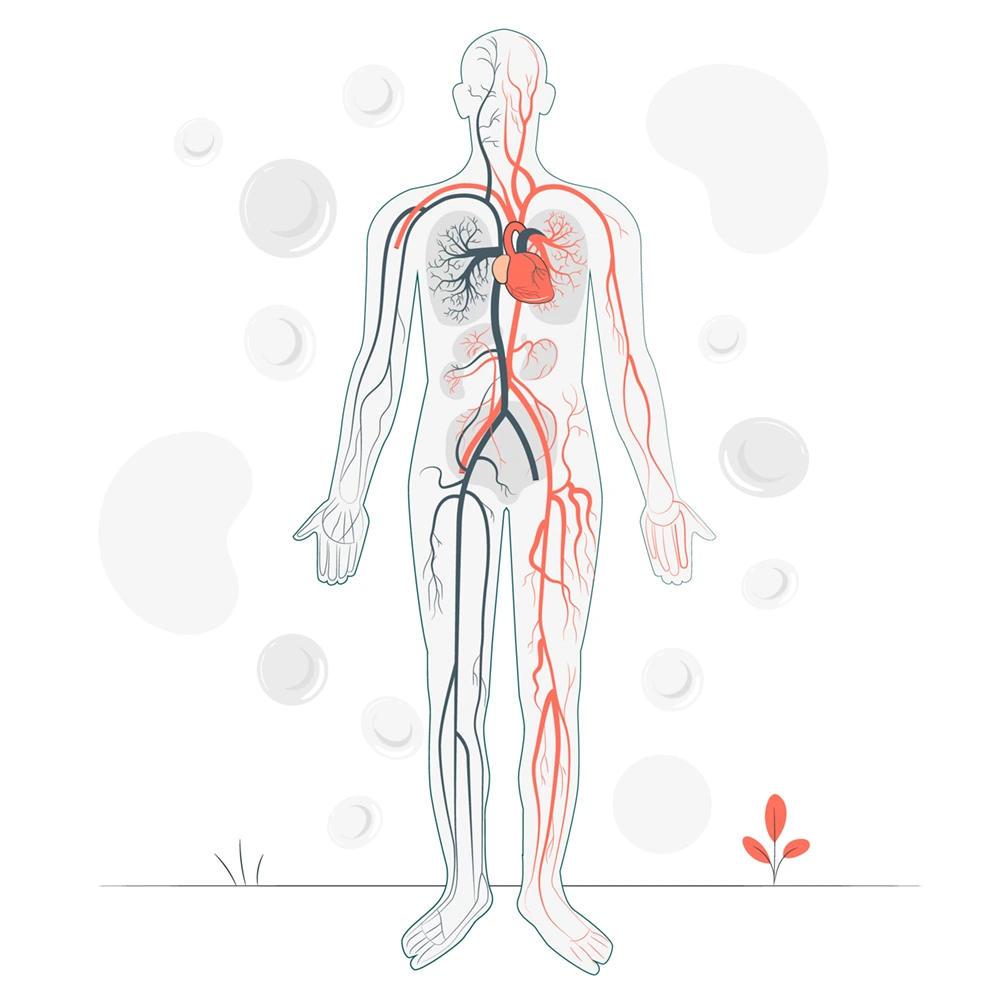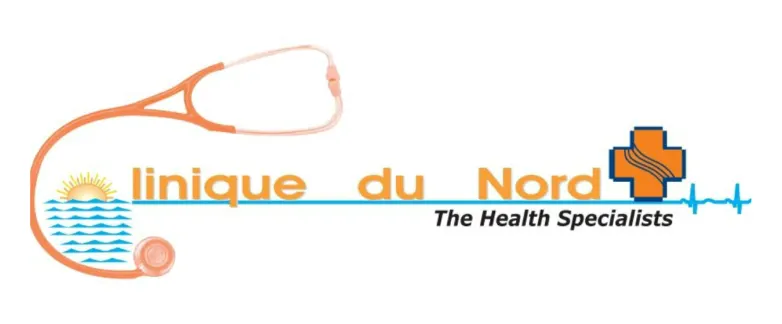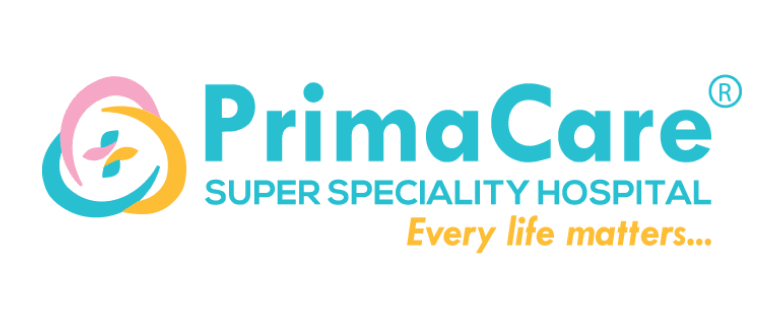Vascular Surgery
Vascular surgery deals with issues concerning blood circulation in the body’s arteries, veins, and lymphatic vessels. The surgeons specialize in treating various conditions such as aneurysms (weakened and enlarged blood vessels). It is also treats peripheral artery disease (narrowing of arteries in the limbs), varicose veins (twisted and swollen veins), and blood clots.
Additionally, they rely on diagnostic tools like ultrasound and angiography to identify and understand these conditions better. These specialists play a crucial role in helping patients manage and treat vascular disorders, ensuring better overall health and well-being.

What does Vascular Surgery Include?
Firstly, the treatments may include minimally invasive procedures, such as endovascular surgery, or open surgeries, such as bypass surgery. Moreover, surgeons work closely with other medical professionals, including interventional radiologists and cardiologists, to provide comprehensive care to their patients.
What is Vascular Surgery Procedure?
Secondly, this the medical procedure where doctors fix problems with blood vessels in the body. They might repair blocked or weak blood vessels, remove clots, or widen narrow arteries. Additionally, surgeons use special tools and techniques to fix these issues and make sure blood flows properly throughout the body.
Why will someone need a Vascular Surgery?
People might need vascular surgery if they have problems with their blood vessels. This could include blocked arteries, which restrict blood flow, weak veins, or blood clots, which can cause serious health issues. These issues can lead to serious health problems like heart attacks or strokes. Moreover, vascular surgery helps improve blood flow by repairing damaged vessels or removing blockages.
Additionally, it prevents complications by ensuring proper circulation throughout the body, keeping people healthy and safe.
Treatment Plans
- Paediatric Cardiology 20
- AICD Implantation 30
- Bental Operation 40
- Coronary Angiography 50
- Aortic/Mitral Mechanical Valve 70
- Combo Device Implant 20
- Left Ventricular Assist Device 30
- Paediatric Cardiology 20
- AICD Implantation 30
- Bental Operation 40
- Coronary Angiography 50
- Aortic/Mitral Mechanical Valve 70
- Combo Device Implant 20
- Left Ventricular Assist Device 30









